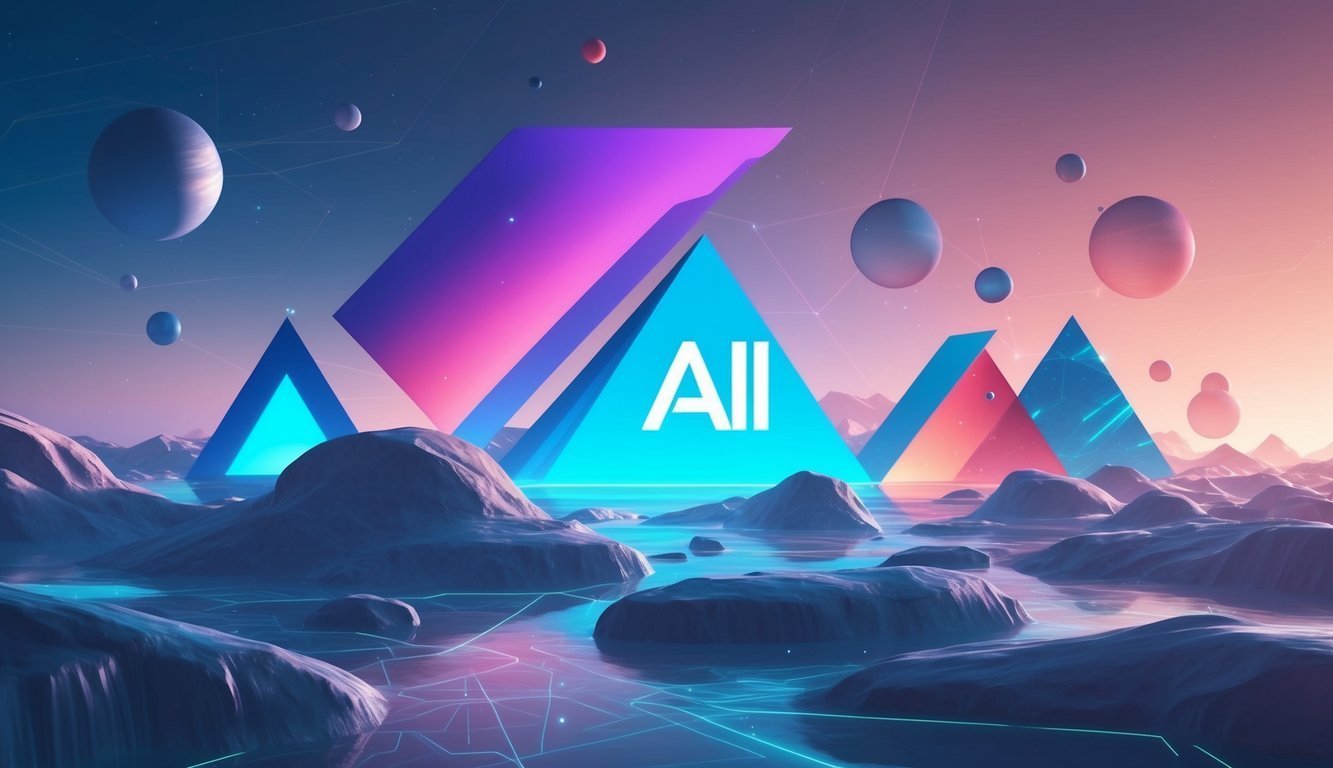Introduction to Gemini 2.0
Google has announced its bold plans to roll out advanced AI agents through the launch of Gemini 2.0, marking the start of what the company dubs the “agentic era.” This initiative aims to redefine task automation and enhance user engagement in innovative ways.
Sundar Pichai, the CEO of both Google and Alphabet, highlighted the firm’s commitment to creating more evolved models that demonstrate a nuanced understanding of their surroundings. These new models are engineered to think several moves ahead and can act on behalf of users, always under their guidance.
Overview of AI Agents
To showcase the capabilities of these groundbreaking technologies, Google is currently testing three prototype AI agents with a select group of trusted participants.
The first of these, named Project Astra, serves as a high-level AI assistant. It features improved conversational skills, supports multiple languages, and seamlessly integrates with various Google tools such as Search, Lens, and Maps.
Next up, Project Mariner focuses on simplifying browser-based tasks. By using an experimental Chrome extension, this prototype interacts conveniently with web elements to perform complex functions. Impressively, Project Mariner has achieved an 83.5% success rate on the WebVoyager benchmark, a test that evaluates performance on real-world web tasks.
The third prototype, called Jules, is specifically designed for coding. This agent integrates within GitHub workflows to help developers plan and execute their projects more efficiently, ultimately enhancing their coding experience.
New Features and Market Trends
At the heart of these AI agents lies Gemini 2.0, which boasts innovative multimodal capabilities. This version allows for features like native audio and image output, ensuring a smoother integration of agents within the Gemini system.
Starting today, users can engage with Gemini 2.0 Flash, a notable leap forward in AI-powered solutions.
Additionally, Google has rolled out Deep Research, a cutting-edge feature for Gemini users that harnesses advanced reasoning skills and long-context processing. This new tool serves as a research assistant, capable of exploring complex topics and generating in-depth reports.
The rapid rise of AI agents is noteworthy, particularly in recent months. Rival companies like Anthropic have also made significant strides, introducing features in their Claude models that enable agents to browse and navigate the web, reflecting similar goals to those of Project Mariner.
Even the cryptocurrency landscape is evolving, influenced by AI agents. New projects like AIXBT, Zerebro, Dolos the Bully, and Truth Terminal are gaining momentum on various platforms, stirring interest for their potential to manage transactions autonomously and drive the creation of a new AI-driven economy.
With this strategic move, Google is positioning itself as a key player in the emerging landscape of the “agentic era,” while the cryptocurrency sector investigates the transformative possibilities this trend may unveil.
Source: Cryptobriefing





